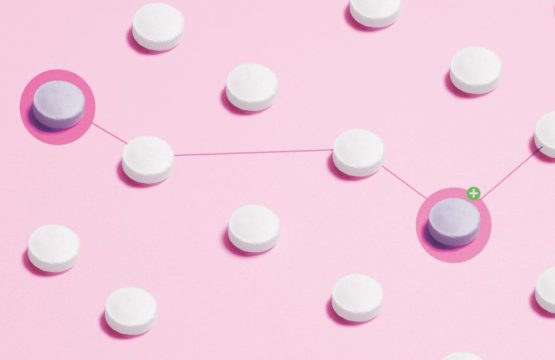Taking vitamins or supplements is becoming increasingly popular, and because of this, the supplement industry is skyrocketing – by 2027, experts project that the market for these vitamins and dietary supplements will reach $231 billion, more than double what it was in 2019. With such a big industry, the danger of fake, misleading, or low quality supplements increases. The problem with these low quality supplements is that they can lead to vitamin overdoses and liver injuries because of improper packaging information. In 2018 alone, nearly 5,500 incidents were reported to Poison Control were related to vitamins, herbal or dietary supplements, or homeopathic medications. 20% of liver injuries were accredited to herbal and dietary supplements.
A surprising number of supplements are mislabeled which can be dangerous for a number of reasons. Mislabeled supplements may contain higher doses of their active ingredients, leading to overdoses, include unlisted ingredients, even pharmaceuticals, and lack at least one active or inactive ingredient on the packaging. Some of the most commonly mislabeled supplements are bodybuilding supplements, but others including CBD products sold online, herbal and dietary supplements, single and multivitamins, and botanical supplements are commonly mislabeled.
These supplements are able to get into the public mainly through Amazon due to a loophole that has been discovered. Amazon sellers must agree to follow all regulations and laws in the territory where products are sold, but many of these product listings fail to meet the FDA requirements. Many falsely claim to be ‘FDA approved’, omit nutrition and ingredients labels, lack disclaimer for health claims, and are missing required warning labels. Amazon’s search algorithm may promote suspicious supplements, and search results for ‘COVID supplement’ show multiple pages of listings and contain no warning labels.
Learn more about the dangers of mislabeled supplements and the steps you can take to safeguard yourself against them here:


